
Culture
15:47, 16-Aug-2018
Journeying the Belt and Road – Episode 2: Spain
Updated
15:10, 19-Aug-2018
By Liu Li
01:44
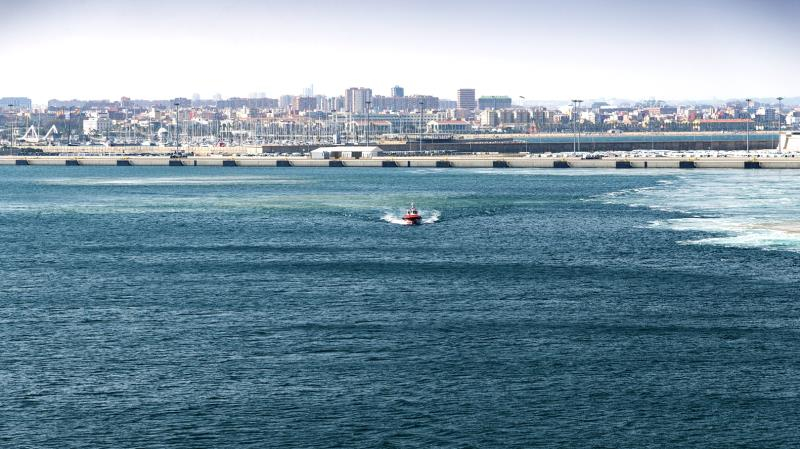
Spain is as beautiful as I had imagined. Beauty is the only word that came to my mind when walking down the streets of the this Mediterranean country.
We stayed in two cities: Valencia and Bilbao.
Valencia sits on the east coast of Spain. It is the country's third-largest metropolis, which knows how to mix the old and new together to create a feast for the senses. Bilbao, meanwhile, is the largest city in the Basque region, which used to be an industrial center before turning into a modern city designed for living.
Although we only stayed for two days, the shining sun, spectacular architecture, easy-going lifestyle, and hospitality of locals left their mark on me.
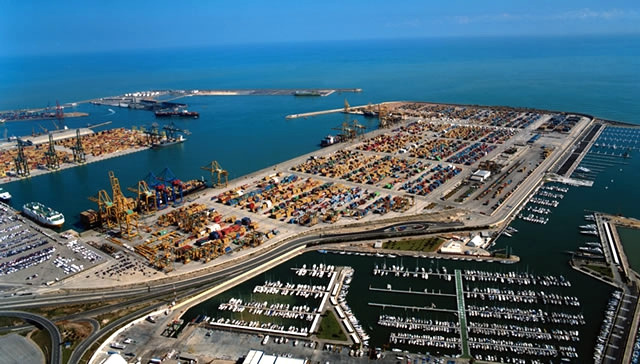
Noatum Ports' container terminal in Valencia, Spain /CGTN Photo
Noatum Ports' container terminal in Valencia, Spain /CGTN Photo
We came to Spain to explore what attracts Chinese investment, and get a glimpse of what the future looks like for both sides and the world under the China-proposed Belt and Road Initiative.
The reason we visited Valencia and Bilbao was because Chinese company COSCO Shipping acquired last year a 51 percent stake in Noatum Ports. The operator manages two maritime terminals in these cities, as well as inland dry terminals in Zaragoza and Madrid.
Valencia Port and Bilbao Port are already on the right track. This is different from Greece’s Piraeus Port, which used to be a sleepy facility until it was upgraded by COSCO Shipping.
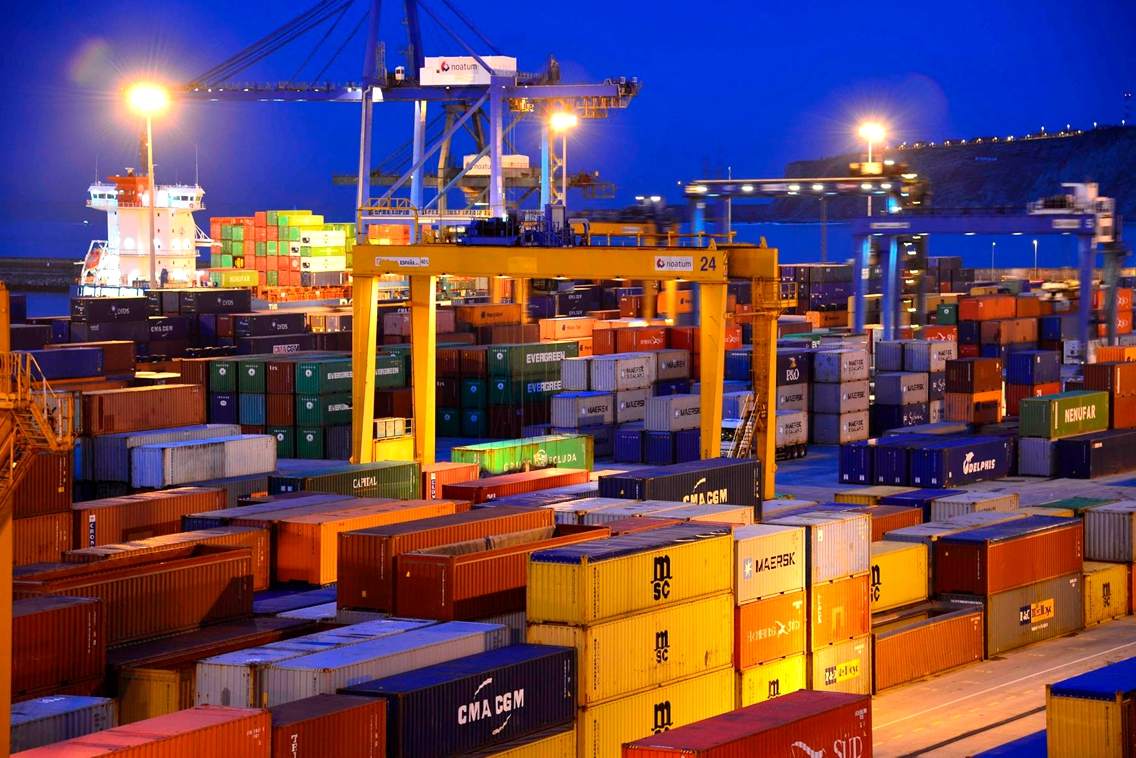
Noatum Ports' container terminal in Bilbao, Spain /CGTN Photo
Noatum Ports' container terminal in Bilbao, Spain /CGTN Photo
Valencia Port is the largest port in the Mediterranean in terms of container traffic, 5th in Europe and 29th worldwide.
Bilbao Port is the leader in the Bay of Biscay, and the first Spanish port in trade with European Atlantic as well as the UK.
How to increase new growth possibilities will be the task of the new management team from COSCO Shipping.
Elvira Gallego, general manager of Noatum Ports' Bilbao terminal, shared her feeling about the changes and development she has experienced since she joined Bilbao Port 15 years ago. She said COSCO Shipping has higher standards, noting that it is more efficient.
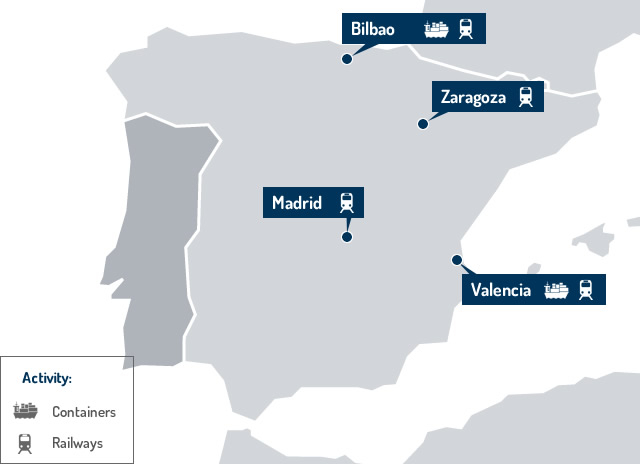
A map shows the geographical coverage of Noatum Ports /Courtesy of Noatum Ports
A map shows the geographical coverage of Noatum Ports /Courtesy of Noatum Ports
Gustavo Ferrer, general manager of Noatum Ports' Valencia terminal saw win-win results and several consecutive monthly performance records. He believed the future of Valencia terminal would be even brighter.
According to the company data, the throughput in the first seven months of this year reached more than two million TEUs, up 13.2 percent more than the same period in 2017. More than half were local cargoes, with a growth of 10.6 percent compared to the same period last year.
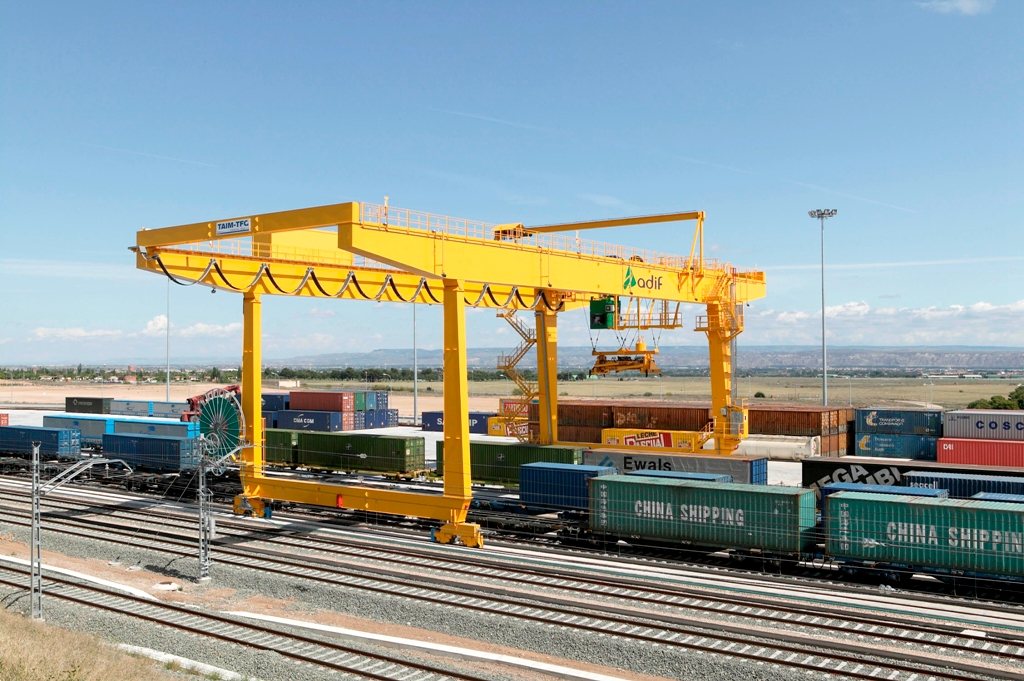
Noatum Ports' Rail Terminal in Zaragoza, Spain /CGTN Photo
Noatum Ports' Rail Terminal in Zaragoza, Spain /CGTN Photo
An intermodal operator Noatum Rail Services has been created by Noatum Ports to improve connections among its four subsidiaries in Valencia, Bilbao, Madrid, and Zaragoza, which can provide last-mile solutions and door-to-door services to the customers in Spain and Europe.
China, Spain share new growth
We met both port authorities from Valencia and Bilbao, who explained the ports’ characteristics and competitive advantages, and expressed belief the investment of COSCO Shipping will bring new growth possibilities. They hoped to seek more business opportunities with China.
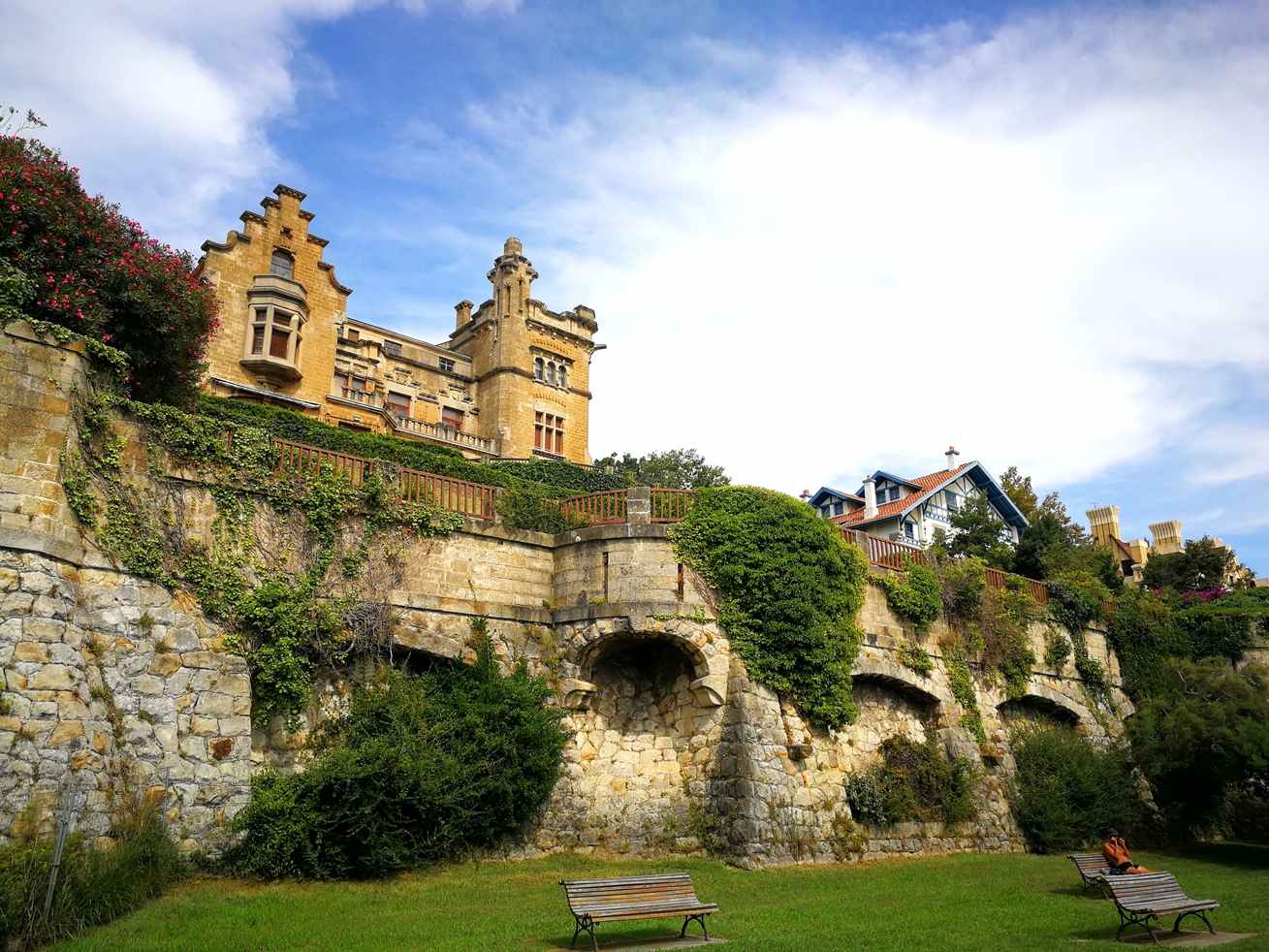
View of Bilbao, Spain /CGTN Photo
View of Bilbao, Spain /CGTN Photo
Francesc Sánchez, general manager of the Port Authority of Valencia mentioned that China is a strategic country for the port, given that 50 percent of foreign trade between Spain and China passes through their facility. He added that traffic with China has maintained a positive trend in the last two years.
Meanwhile, Ricardo Barkala, chairman of the Port Authority of Bilbao, stressed that China is among its 12 main markets, and only second to the United Kingdom in container traffic. Imports make up 71 percent of this traffic and 29 percent of all classes of goods are exported. Shanghai, Ningbo, and Tianjin are Bilbao’s main trading ports.
Cultural integration
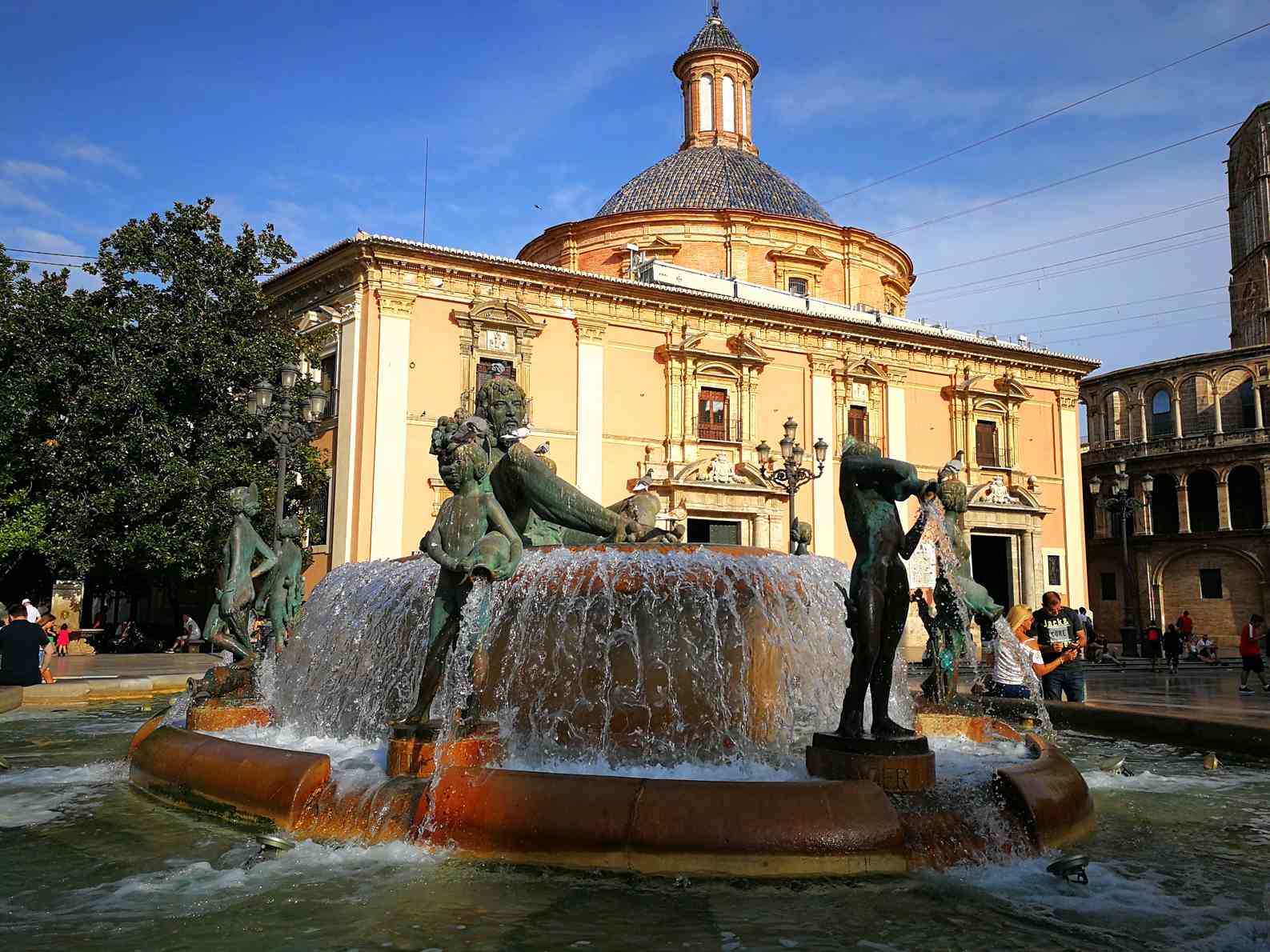
The old town in Valencia, Spain’s third largest metropolitan area. /CGTN Photo
The old town in Valencia, Spain’s third largest metropolitan area. /CGTN Photo
There are only three Chinese staffers in Noatum Ports now. They are among the company's eight-member senior management team. The rest of the employees are locals. Currently, there are 415 permanent and 50 temporary local workers. I could feel the warmth and hospitality when I stayed with some of them to discuss their business as well as the local culture.
Sun Kai, CEO of Noatum Ports, explained that COSCO Shipping has advanced port management standards, and at the same time, showed great respect to the local culture. Transparent communication regarding any changes in the organization helps achieve more understanding between the two sides.
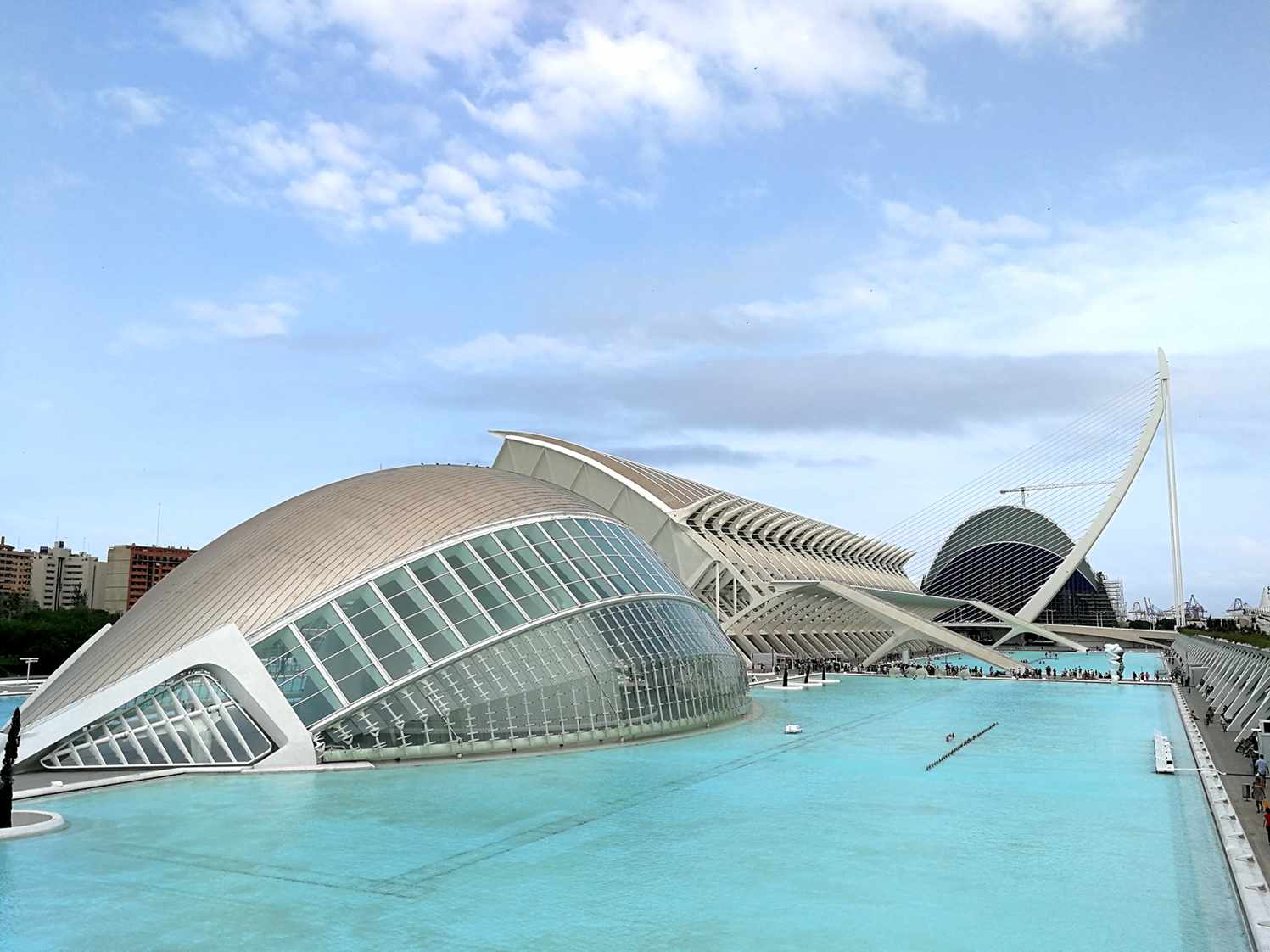
The City of Arts and Sciences, an entertainment-based cultural and architectural complex in Valencia, Spain. /CGTN Photo
The City of Arts and Sciences, an entertainment-based cultural and architectural complex in Valencia, Spain. /CGTN Photo
When talking about the Belt and Road Initiative, I was impressed by the words of Juan Orti Llatas, the commercial director of Noatum Ports. He said it could bring the young generation more open mindedness and bring more understanding for all nations. He hopes the rest of the country also supports the initiative.
My trip to Spain is over but the journey along the Belt and Road continues.
(Video by Chen Weikui)

SITEMAP
Copyright © 2018 CGTN. Beijing ICP prepared NO.16065310-3
Copyright © 2018 CGTN. Beijing ICP prepared NO.16065310-3